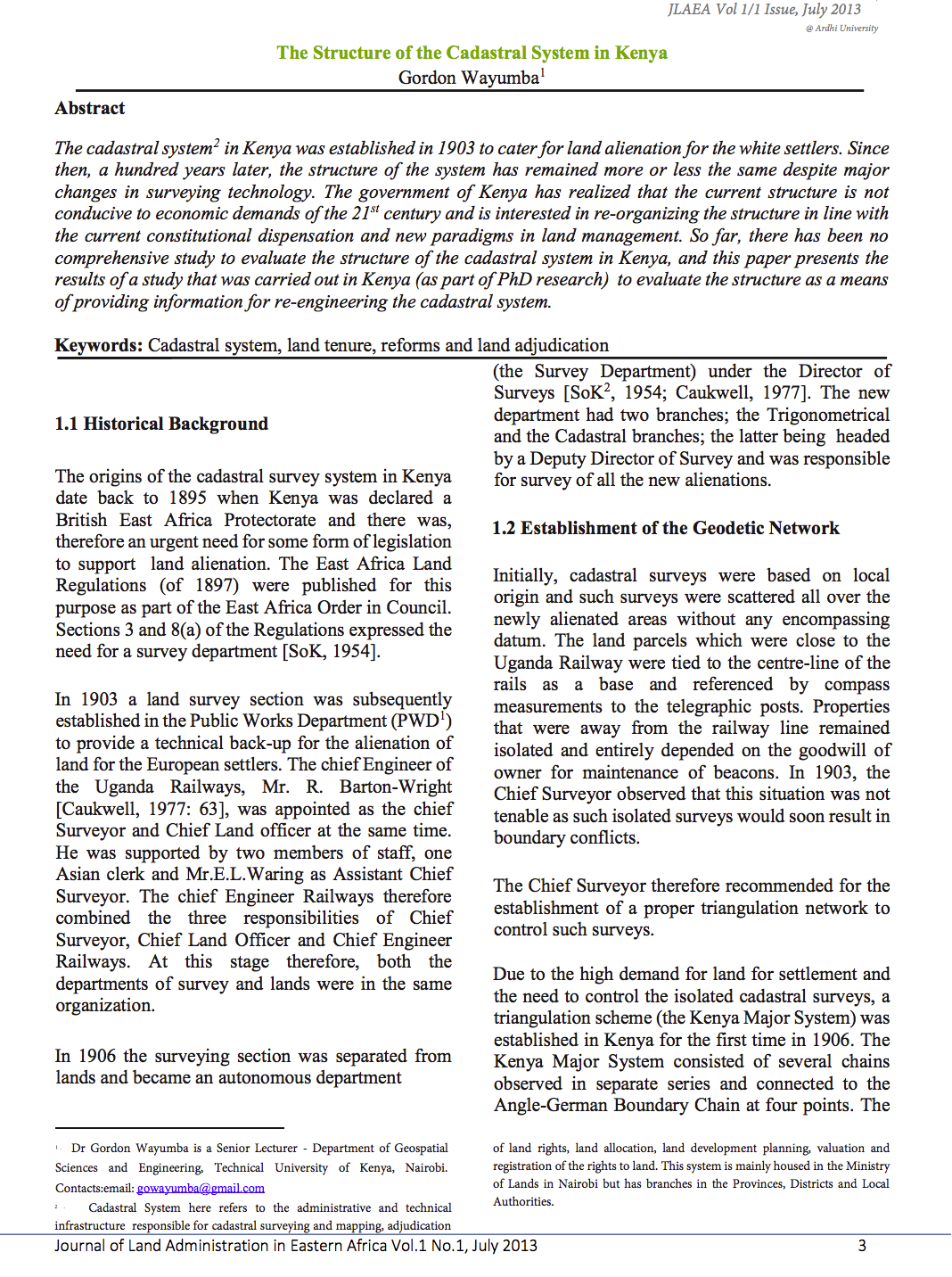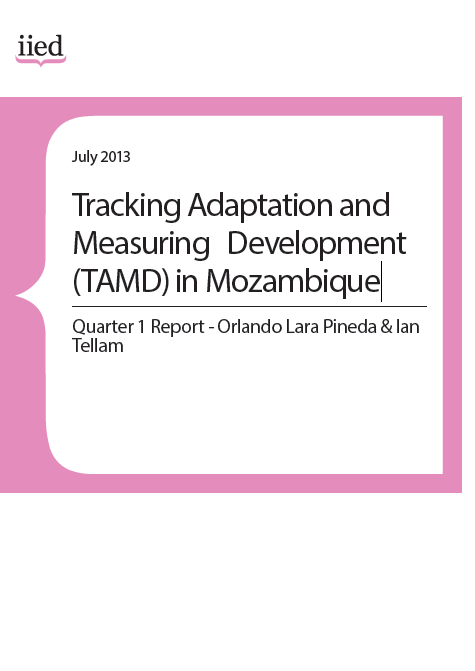Beyond climate-smart agriculture: toward safe operating spaces for global food systems
Agriculture is considered to be “climate-smart” when it contributes to increasing food security, adaptation and mitigation in a sustainable way. This new concept now dominates current discussions in agricultural development because of its capacity to unite the agendas of the agriculture, development and climate change communities under one brand.






